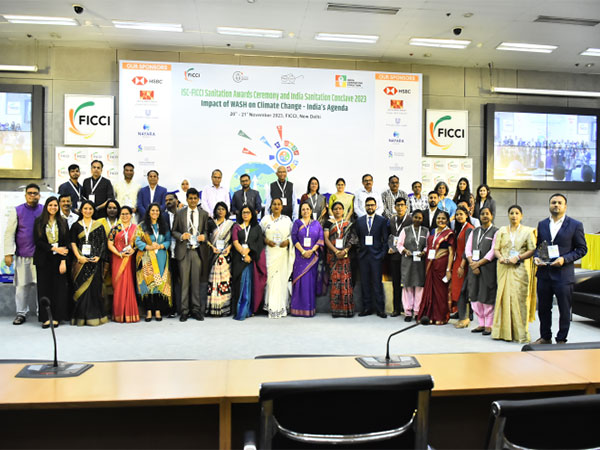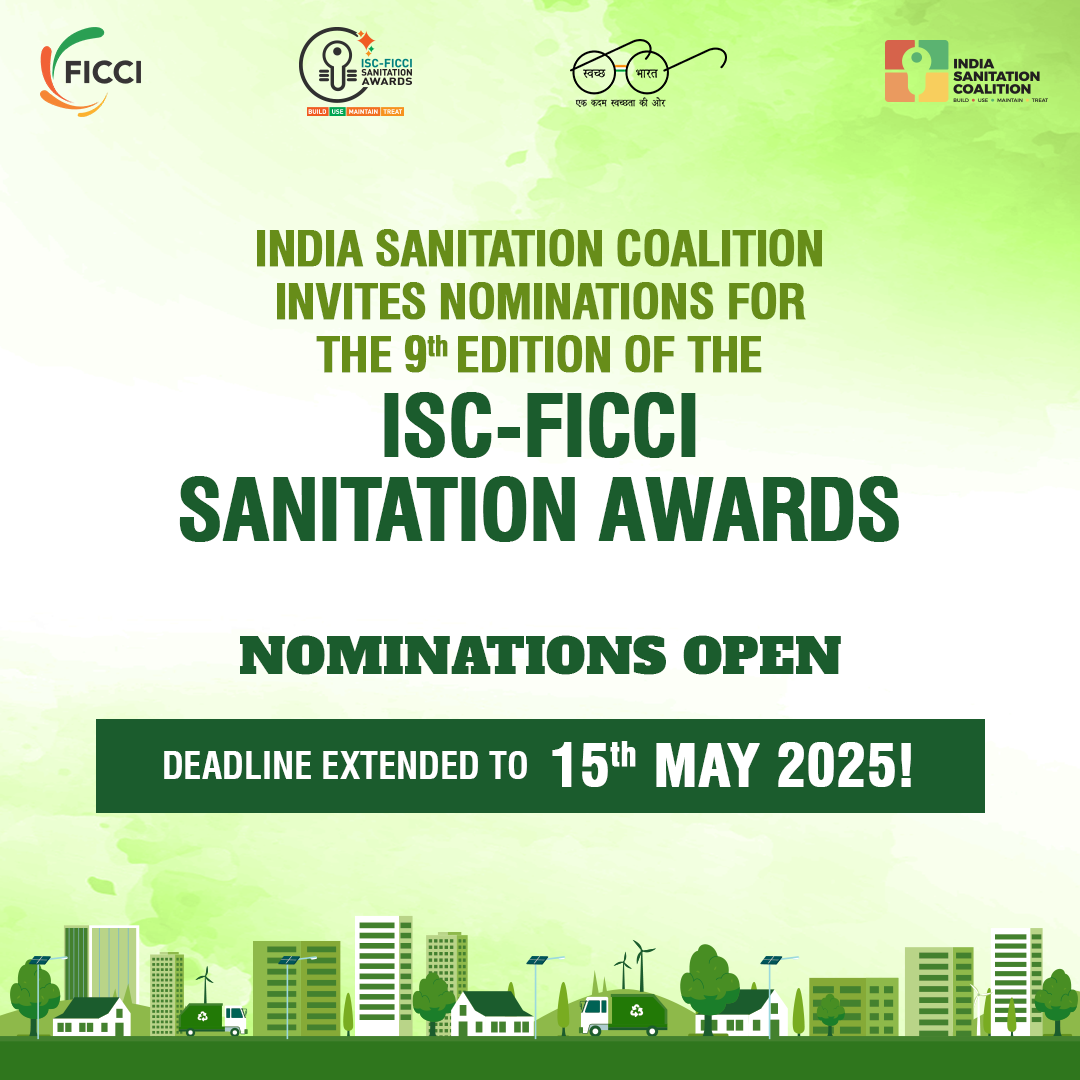Waste Processing in Urban India Soars to 76 Percent Under Swachh Bharat Mission, Marks Major Leap from 17 Percent in 2014: Hardeep Singh Puri

New Delhi [India], November 21: Addressing the prestigious 7th ISC-FICCI Sanitation Awards Ceremony and India Sanitation Conclave through a video address, Hardeep Singh Puri , Union Minister, Ministry of Housing and Urban Affairs, highlighted that the Swachh Bharat Mission Urban has dramatically increased the processing of waste in urban areas, with more than 76% of the total waste now being processed, a significant leap from just 17% in 2014. Puri attributed this substantial progress to the transformative initiatives driven by the Honourable Prime Minister, which have catalysed a behavioural shift towards cleanliness in the country. The Swachh Bharat Mission, alongside the Atal Mission for Rejuvenation and Urban Transformation (AMRUT), has played a crucial role in enhancing the state of sanitation across India. Notably, the Swachh Bharat mission has been instrumental in addressing the challenge of open defecation in urban areas through the construction of 63 lakh individual toilets and 6.3 lakh public toilets. Furthermore, AMRUT has been pivotal in tackling the shortage of basic sanitation infrastructure, adding 172 lakh water tap connections and 135 lakh sewer connections in cities, the minister highlighted. In a video address at the Conclave, Union Minister for Jal Shakti, Gajendra Singh Shekhawat, announced that India is on track to fully achieve the Swachh Bharat Mission (SBM) phase-two goals by 2025. Shekhawat highlighted the remarkable progress in rural sanitation, noting that nearly 80% of villages have already declared themselves Open Defecation Free (ODF) Plus under the SBM-Grameen initiative. He emphasised the crucial role of public-private partnerships in this success, drawing attention to successful collaborations in other sectors, such as highways and airport construction, and advocating for similar partnerships in water and sanitation.
